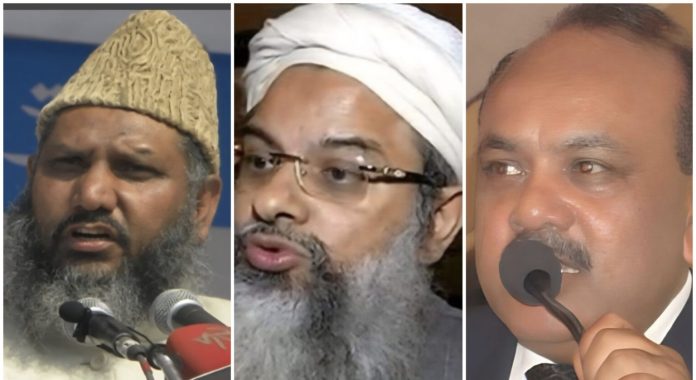As Israel escalates its aggression in West Asia, including its June 13 aerial attacks on Iranian territory, several prominent Muslim organizations in India have come under criticism for their conspicuous silence.
Despite the widespread condemnation of Israel’s violation of Iran’s sovereignty and international law, key Muslim organizations like the All India Muslim Majlis-e-Mushawarat (AIMMM), Jamiat Ulama-i-Hind (JUH), and Markazi Jamiat Ahle Hadees have not issued any official statements denouncing the strikes.
The AIMMM, considered a central platform for Indian Muslim voices, has not released a press statement nor addressed the issue publicly. Even the registered faction led by Dr. Zafarul-Islam Khan has refrained from speaking out, leading many to question its stance on international Muslim solidarity.
Similarly, the Mahmood Madani-led faction of Jamiat Ulama-i-Hind, usually vocal on domestic socio-political matters, has remained mute. While Maulana Arshad Madani personally condemned the attack via social media, his faction did not issue an official response.
The Markazi Jamiat Ahle Hadees, led by Maulana Asghar Ali Imam Mahdi Salafi, also chose not to respond. This silence has sparked speculation, particularly due to the group’s ideological and political closeness to Saudi Arabia, a nation accused of indirectly supporting Israel by granting access to its airspace for the attacks.
Observers point out that this muted response mirrors the Arab governments’ dual-faced diplomacy — condemning Israeli aggression in public while privately aligning with its strategic goals.
With the Muslim world witnessing a mounting humanitarian and political crisis, critics argue that the credibility and moral authority of these Indian Muslim organizations are eroding. Their failure to uphold principles of justice, especially in matters of international Muslim concern, is being seen as a betrayal of the very communities they claim to represent.




